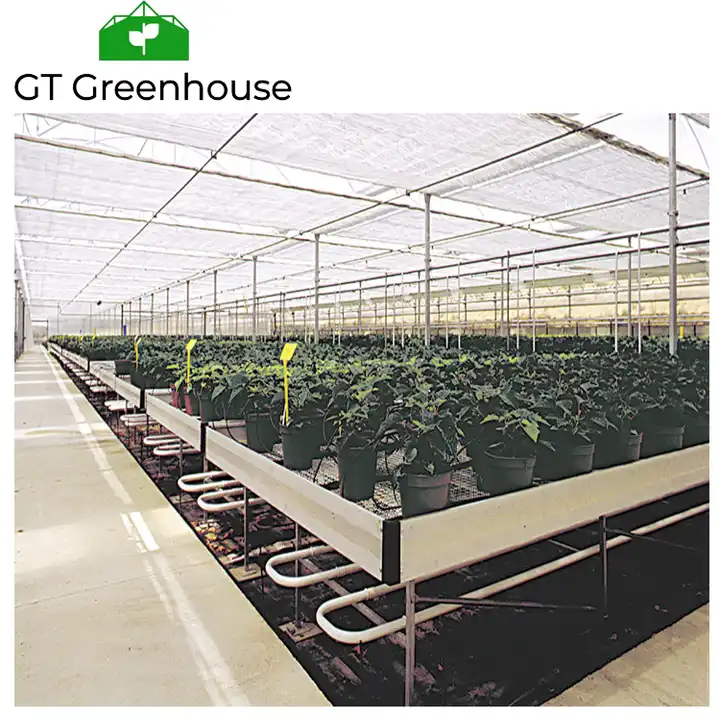Greenhouses harness the power of controlled environments to nurture plants, and a crucial component ensuring their success is the greenhouse plastic film. Particularly, UV-resistant greenhouse plastic film serves as a shield against the harmful effects of ultraviolet (UV) radiation, safeguarding crops and optimizing growing conditions. In this article, we’ll delve into the significance, features, applications, and advantages of greenhouse plastic films UV resistant in the realm of modern agriculture.
Significance of Greenhouse Plastic Films UV Resistant
UV Protection:
These films shield plants from harmful UV rays, preventing damage and ensuring optimal growth.
Durability Enhancement:
UV resistance extends the lifespan of the plastic film, maintaining its integrity against the degrading effects of sunlight exposure.
Features and Benefits
UV-Stabilized Material:
Manufactured with UV inhibitors, these films effectively block harmful rays, maintaining a conducive environment for plant growth.
Climate Control:
UV-resistant films help regulate temperature and humidity inside the greenhouse, fostering ideal conditions for plant cultivation.
Applications and Versatility
Crop Protection:
They are widely used in commercial and hobbyist greenhouses to protect a variety of crops, from vegetables to delicate flowers.
Season Extension:
These films enable season extension, allowing farmers to grow crops beyond their natural growing season.
Advantages and Considerations
Enhanced Longevity:
UV-resistant films have a longer lifespan compared to non-UV-resistant ones, reducing replacement frequency.
Improved Light Transmission:
They maintain high light transmission while blocking harmful UV rays, optimizing photosynthesis for plant growth.
Greenhouse plastic films UV resistant play a vital role in ensuring a conducive and protected environment for plant growth. Their UV-blocking properties safeguard crops, extend the lifespan of the film, and regulate greenhouse conditions for optimal cultivation. When selecting UV-resistant films, consider factors such as UV protection level, light transmission, and greenhouse size. By utilizing these protective films, growers can maintain healthier crops, extend growing seasons, and enhance overall agricultural productivity. The significance of UV-resistant greenhouse plastic films lies in their ability to shield plants from harmful UV rays while creating an ideal environment for flourishing crops within the greenhouse.

